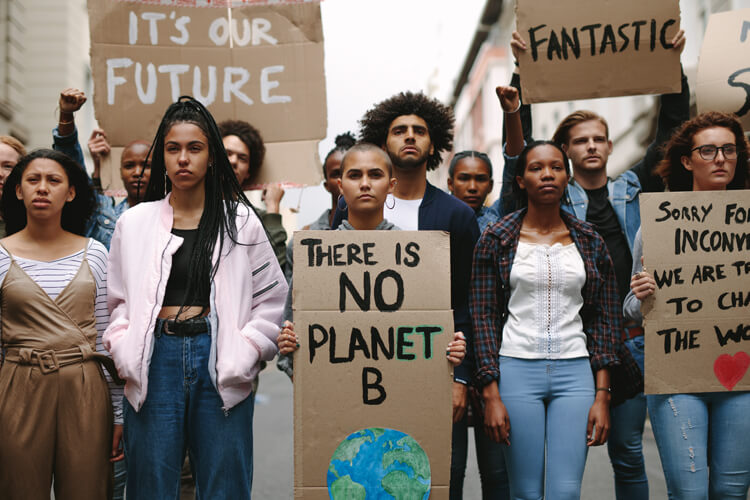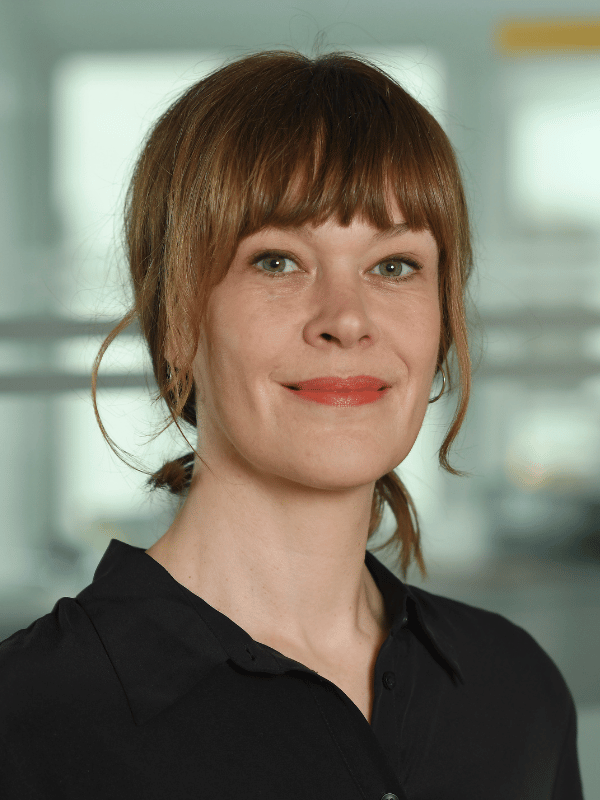Democracy and Society
For a number of years now, Germany has been witnessing a strengthening of anti-democratic forces, an increase in right-wing violence and last, but by no means least, the election of right-wing populist parties to the Bundestag. The values on which our coexistence is based are being increasingly called into question. Yet at the same time, we are seeing increased sensitivity towards issues of equality and access, growing civic engagement and increased politicisation of young people. We find ourselves in conflict about the negotiation of social and political participation in an increasingly diverse but also increasingly unequal society. Allegiances are being renegotiated and increasingly fall outside traditional left-right or east-west patterns. Instead, we are witnessing growing polarisation in topical debates, reinforced by social media, where the culture of debate relies more on emotions and resentment than the sharing of arguments.
This social upheaval raises questions about social cohesion and equal coexistence – and as well as risks, the changes also create opportunities for the future of democracy. The Bundeskanzler-Helmut-Schmidt-Stiftung aims to support this democratic change critically and constructively – picking up on Schmidt’s conviction that democracy is not a state but a process.
In the “Democracy and society” programme, we tackle fundamental issues relating to democracy and social cohesion. We ask questions and look for answers to the consequences of shifting debate to the digital sphere, dealing with anti-pluralist and anti-democratic forces, and future conflict faultlines. We look at phenomena not only in their current context, but also in the context of contemporary history. In order to do justice to the complexity and interwoven nature of sociopolitical topics, we put great stock in bringing together representatives from all kinds of fields, including politicians, representatives of civil society, activists and arts and cultural figures. By using innovative, participatory formats, we seek to find new ways of looking at familiar problems to live out our democratic change, rather than just analysing it.



